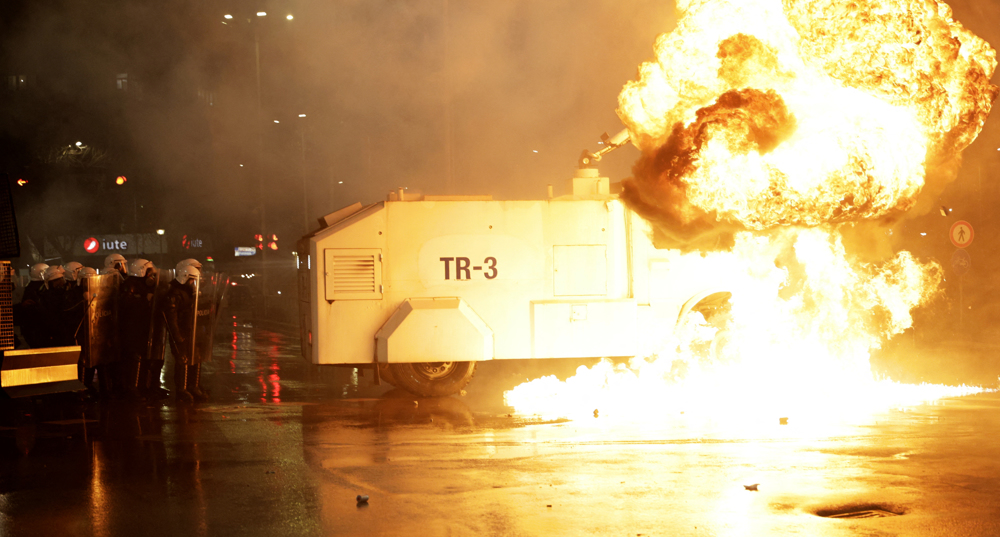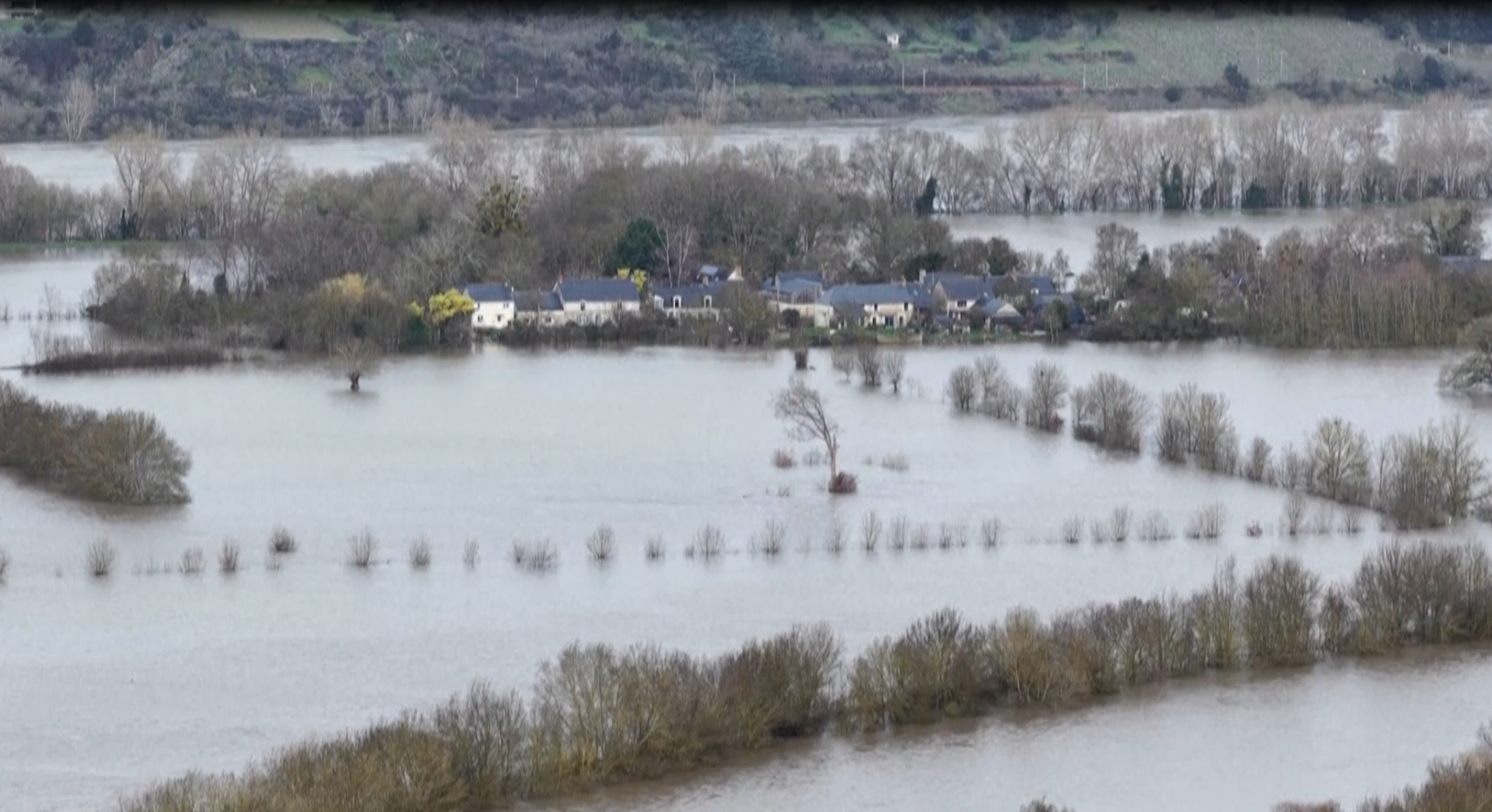Concerns mounting over new energy crisis in EU as Russian gas transit via Ukraine ends
As the agreement allowing Russian gas transit through Ukraine to Europe expires on Tuesday, concerns are mounting about potential energy price hikes and their impact on European public opinion regarding support for Ukraine.
The current five-year contract for gas transit will not be renewed in next year as Ukrainian President Volodymyr Zelensky has made clear.
This decision not only threaten to escalate costs in European nations long reliant on Russian gas, but also poses broader repercussions for the entire continent.
Analysts warn that the shutdown of this pipeline could drive up natural gas prices in Europe, leading to heightened living expenses and production overheads, ultimately undermining the competitiveness of the European economy.
"There are alternatives, but they tend to be a bit more expensive than the Russian pipeline gas. The impact will be felt especially in Austria, in Hungary and Slovakia, where the price of gas will likely rise. And this could have an impact on consumer prices, on the cost of living, but also on prices for industry, which could have an impact on the competitiveness of those industries," said Philipp Lausberg, a policy analyst at the European Policy Center.
The suspension of the Ukrainian gas transit pipeline is seen as a "key uncertainty" for Europe this winter, according to the International Energy Agency (IEA).
As the onset of the long winter and heating season looms, several European nations may find themselves grappling with soaring energy prices and ensuing public discontent.
Furthermore, Ukraine's decisive move to "close the gate" has stoked dissatisfaction among European populations, fostering a more critical stance towards supporting Ukraine.
"I could expect that the debate around the stop of Ukraine, of Russia gas coming through Ukraine. In Ukraine not continuing the contract on transit. This could make some of those populations even more critical of the support of Ukraine," said Lausberg.
Ukrainian President Zelensky reaffirmed the country's refusal to extend the transit agreement after meeting with EU leaders in Brussels on Dec. 19, noting that the ban would apply to all gas flows "coming from Russia."
On the same day, Russian President Vladimir Putin confirmed that there would be no new deal with Kiev, and Russia may consider other gas transmission routes such as transiting Poland.
Tacit acceptance of Ukraine's decision to halt Russian gas transit will heighten tensions, Slovak Prime Minister Robert Fico warned in a letter to the European Union (EU) on Sunday.
In the open letter posted on social media, Fico described the move as wrong, irrational, and likely to trigger reciprocal measures.
Earlier this month, the European Commission said it would not support discussions on extending the gas transit contract or seek alternative solutions to maintain flows, and it has not been involved in any negotiations regarding the matter, according to media reports.
Fico cautioned that ending the gas transit would harm the EU more than Russia, criticizing Zelensky for unilaterally announcing the transit shutdown without consulting EU bodies or affected member states.
For decades, Russia has been transporting natural gas from northern Siberia through Ukraine to several European countries, including Slovakia, the Czech Republic, Hungary, Austria, through a cross-border pipeline. However, following EU sanctions on Russia and the formulation of policies to reduce energy dependence on Russia, Slovakia becomes the only EU country receiving Russian gas via the Ukrainian transit pipeline.
Russia's Sputnik news agency reported that Russian gas giant Gazprom supplied about 15 billion cubic meters of gas to Europe through the transit of Ukraine in 2023, accounting for 4.5% of the EU's total gas demand.
Russian Deputy Prime Minister Alexander Novak recently said that the total volume of Russian gas exports to European countries from January to November this year increased by 18 to 20 percent compared to the same period in 2023.
The total volume of Russian gas transported to Europe by pipeline and liquefied natural gas exported to Europe so far this year has exceeded 50 billion cubic meters, an increase of 18 to 20 percent compared to the same period last year. Despite the pressure of sanctions on Russia, there is still demand for Russian gas, according to Novak.
VIDEO | Iran's game changing retaliation boxes- part 1
VIDEO | Iran's game changing retaliation boxes- Part 2
VIDEO | Palestinian widow raises three kids in Gaza as her husband killed by Israel
Palestinian teen killed as raids and settler violence intensify across West Bank
Iran’s layered arsenal primed to deter – and decimate – US warships in Persian Gulf
Iranian commander dismisses US military buildup in West Asia as ‘theatrical gesture’
Trump ‘curious’ why Iran hasn’t ‘capitulated’ despite massive US military buildup: Witkoff
Hawkish US senator pushes Trump to ignore aides, press ahead with war against Iran









 This makes it easy to access the Press TV website
This makes it easy to access the Press TV website